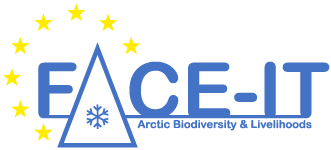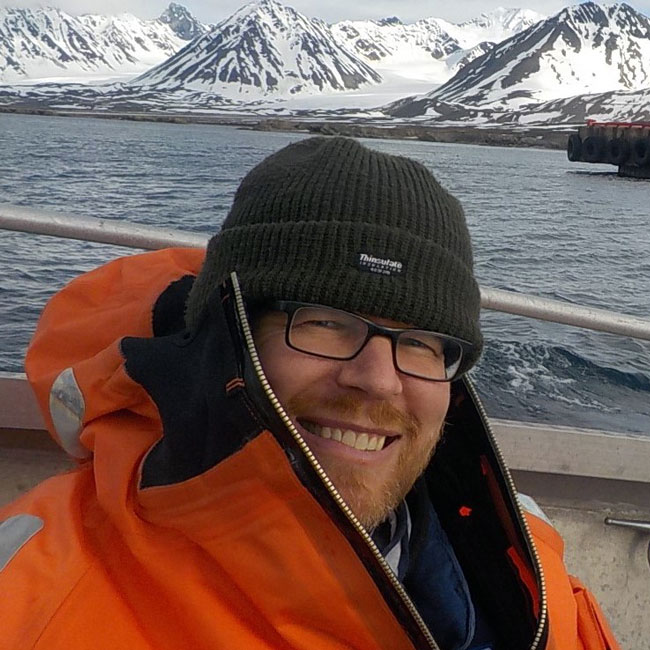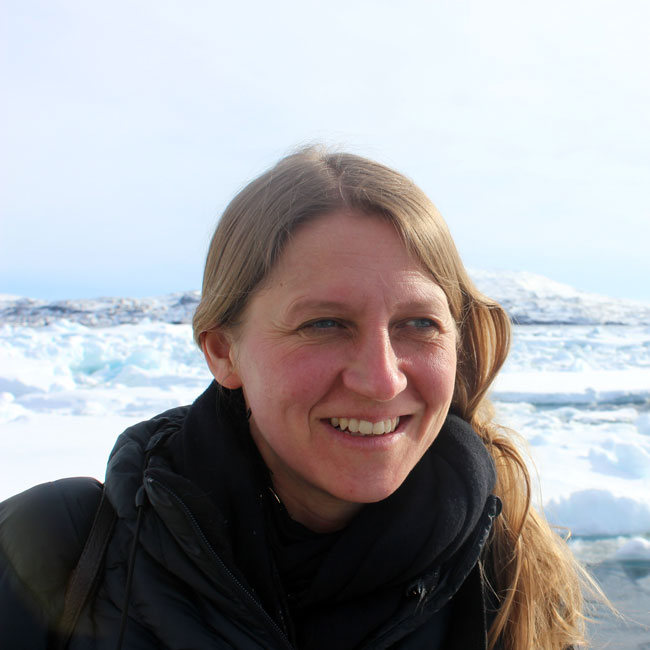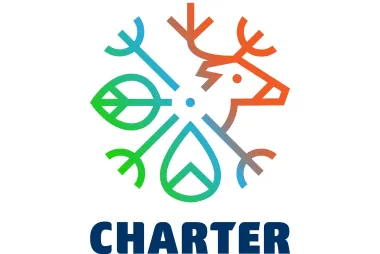Arctic Science Summit Week (ASSW) 2023
17 to 24 February 2023
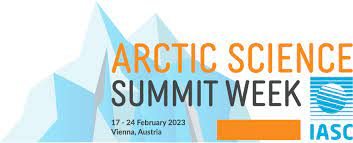
People involved
Kai BISCHOF
Role in FACE-IT:
• Scientific Coordinator
• Member of the Executive Board
• Co-Leader "Policy Dialogue and Outreach"
• Co-Leader "Project Management"
• Leader "Ethical Requirements"
• Researcher "Biodiversity Changes"
• Researcher "Ecosystem Function Changes"
Marine Botany, University of Bremen, Germany
Center for Marine Environmental Sciences MARUM, University of Bremen, Germany
UBremen personal page
Kai’s FACE-IT Projects
Lill RASTAD BJøRST
Role in FACE-IT:
• Member of the Executive Board
• Co-Leader "Food Provision and Livelihoods"
Aalborg University, Copenhagen, Denmark
AAU personal page
Lill’s FACE-IT Projects
FACE-IT will be part of the Arctic Science Summit Week 2023! The ASSW 2023 will take place from 17 to 24 February 2023 in Vienna, Austria, with the overaching theme “The Arctic in the Anthropocene”. FACE-IT will contribute with two sessions to the scientific program. Check out the list of sessions here and submit your abstract soon! Deadline for abstract submission is on 20 September 2022.
ID:17 – The coastal Arctic and the shrinking cryosphere – consequences from biodiversity to livelihoods
Kai Bischof (University of Bremen) and Lill Rastad Bjørst (Aalborg University) will host this session among the set of “Cross-cutting Sessions”.
Arctic fjord systems and coastal areas host a diversity of human populations and are crucial habitats to Arctic marine biodiversity and harvestable marine resources. Their cryosphere has changed dramatically as a result of warming. Sea ice and glacier retreat will spur transformations in ecosystem functioning, which will cascade up the food chain from plankton communities to fish, seabirds and marine mammals. The biological diversity of Arctic coastal systems is critical for the generation of ecosystem services, which both, the tourism and fishing industries, and Indigenous and local communities depend upon to sustain their cultures and livelihoods. Cryosphere changes present a challenge for national and intergovernmental policy and legislation. It is critical to include the perspectives of local communities on factors contributing to a changing Arctic, and their experiences on adapting to and coping with change, to ensure meaningful contributions to research and policy. We invite presentations from the natural and the social sciences exploring the impacts of cryosphere reduction on the socio-ecological systems of Arctic coasts. The research presented should include an interdisciplinary view, i.e., on what changes in coastal ecology imply to the societal dimension and vice versa. This session is hosted by the EU H2020 project FACE-IT.
ID:27 – Shifting trophic networks along the Arctic land-coast-ocean continuum
For this session, Kai Bischof (University of Bremen) teamed up with the coordinators of FACE-IT’s “sibling projects”, Marja Koski (DTU Aqua, Copenhagen, Denmark) from the ECOTIP project and Bruce Forbes (University of Lapland, Rovaniemi, Finland) from CHARTER.
Rain-on-snow-events, thawing permafrost soil, retreating glacier fronts and decreasing sea ice are manifests of cryosphere reduction, which will significantly alter Arctic ecosystem functions and related services. Complex trophic interactions from primary producers to apex predators and, ultimately, food provision to humans, have established in Arctic social-ecological systems and may experience considerable re-structuring due to shifts in biodiversity and productivity. Trophic networks and their interaction with environmental factors connect terrestrial, coastal and ocean systems, allowing for a bidirectional exchange of nutrients and energy. The EU H2020 Projects CHARTER, ECOTIP and FACE-IT invite all types of contributions from the natural and social sciences dealing with marine or terrestrial biodiversity changes that have implications to trophic networks and their related social-ecological systems. Understanding shifts in exchange processes along the land-coast-ocean continuum and their overall implications to ecosystems and human livelihoods, including farming, hunting, fisheries and tourism are of particular relevance to conservation and management needs for Arctic resources.
